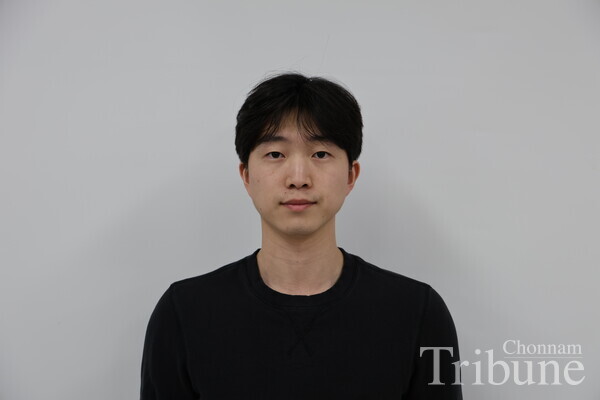
Confucius, Leonardo da Vinci, and Bertrand Russell — these geniuses share one thing in common: they were generalists. Confucius was actively engaged in politics, philosophy, and society. Da Vinci explored art, architecture, biology and other fields. Russell made contributions to mathematics, philosophy, literature, and beyond. Regardless of their time or place, they left lasting footprints in their respective environments by creating new values through the integration of diverse disciplines. Even today, this approach to unified knowledge across disciplines still offers an ideal path to creative innovation.
As technological development and information exchange accelerate, the importance of generalists has grown in today’s society. Connections between different fields, once regarded as uncharted territory, are now emerging everywhere. A defining characteristic of generalists is their schematic thinking, the ability to systemize core concepts. Especially in the AI era, where various fields converge, schematic thinking is essential for understanding and connecting these areas, thereby generating innovative solutions. A schema is a framework of knowledge formed through accumulated learning rather than innate ability. Such learning includes experience as well as knowledge. Depending on context, generalists construct optimal schema for each situation. It, in turn, provides the broad and deep understanding required to establish a backbone for new ideas. That is, creativity itself. Of course, extensive knowledge alone does not make one a generalist, but this does not mean that learning is insignificant. Understandably, without sufficient learning, the quality of one’s output cannot be guaranteed. Schematic thinking is formed when there is enough knowledge and experience, and once it develops by finding connecting links and organizing them into patterns, it facilitates a circular process that enhances the capability to learn new things effectively. This helps transform learning into the power of thought, as opposed to rote memorization.
Some might argue that specialists are more important than generalists, as most work or study in modern society is highly fragmented, placing greater value on those who can handle specialized tasks. However, becoming a generalist does not mean opposing specialization, nor sacrificing it. Specialists, beyond their field of expertise, can connect diverse forms of knowledge and experiences through schematic thinking, creating entirely new value distinct from that produced by existing expertise.
The prerequisite for becoming a generalist is learning that permits schematic thinking, in other words, the accumulation of knowledge and experience. One’s twenties are an ideal period for this. Through reading widely, observing keenly, listening attentively, and feeling deeply, gathered knowledge and experiences are connected, categorized, and sometimes discarded when found unnecessary. In this way, consilient ability, shaped by autonomous choice, fuels the power to interpret the world independently, beyond the mere absorption of knowledge.
By Choi Daniel, Editor-in-Chief

